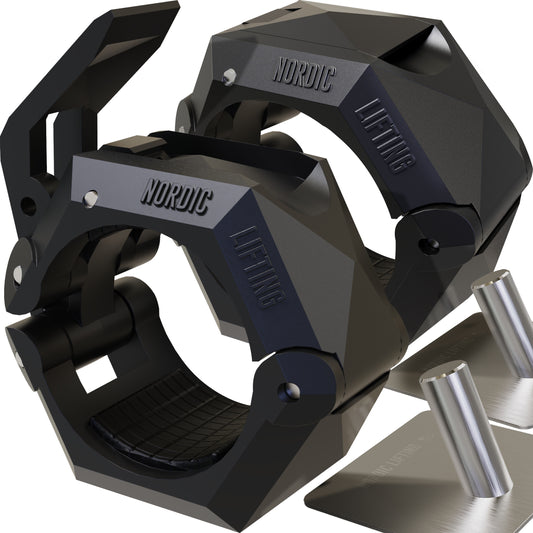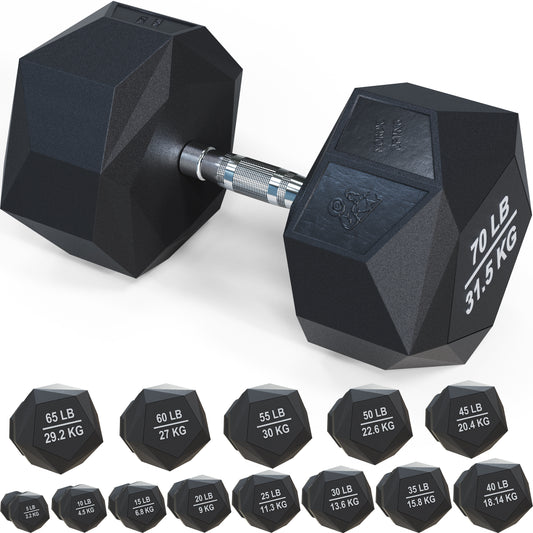A balanced diet is a key component of a healthy lifestyle. Fats, proteins, and carbohydrates are all essential nutrients that your body needs. You don't want to feel exhausted after a 5-minute workout, do you?
This article will offer you a list of nutritious sources of carbohydrates, proteins, and fats. With these healthy dietary choices that can change your lifestyle, you can have more energy, feel better, and be happier.
Good Sources of Fat
Incorporating healthy fats into the food you eat improves satisfaction, slows the breakdown of carbs, and provides flavor to meals. Good fats can also help with regulating hormones, memory, and food digestion.

What are fats?
Fats are a type of nutrient that you gain through the foods you eat. It is essential to eat certain fats; however, too much could be harmful.
The fats you eat provide your body with the energy it needs to perform its tasks effectively. Your body uses calories from the carbs you're taking throughout exercise. However, after 20 minutes, activity relies on calories from fat to keep you going.
You also need fat to keep your skin and hair healthy and to absorb fat-soluble vitamins such as A, D, E, and K. Fat also fills fat cells and insulates your body, which helps you stay warm.
Healthy fats you can eat
- Fatty fish. It is high in unsaturated and omega-3 fatty acids, which are vital for heart and brain health. Such as tuna, herring, mackerel, salmon, sardines, and trout.
- Dark chocolate. Flavorful oxidants found in dark chocolate may have mental and cardiovascular benefits. 100 g of 70–85% dark chocolate contains 42.6 g of fat and additional nutrients such as potassium and calcium.
- Avocado. Half of a medium avocado, which weighs about 100 grams (g), has 160 calories (kcal) and 14.7 grams of fat.
- Eggs. It's a popular protein source, particularly for vegans. A 50-gram hard-boiled egg has 5.3 g of fat, 1.6 of which is saturated, and just 78 kcal. Egg yolk includes vitamin D and choline, a B vitamin that helps the liver, brain, nerves, and muscles operate.
- Nuts. They are high in good fats, protein, fiber, vitamins, minerals, antioxidants, and other nutrients.
- Olive oil. Olive oil contains unsaturated fats, which are good for heart health. It also has vitamin E, vitamin K, and antioxidants. 1 tablespoon of olive oil has 124 kcal and 14 g of fat on average.
- Flaxseed. It provides omega-3 fatty acids as well as a healthy dose of fiber. Flaxseed contains 27.3 g of dietary fiber and 42.2 g of fat per 100 g. The majority of these fats are unsaturated.
Good Sources of Proteins
Proteins participate in the development and recovery of muscles and soft tissues. It is also a component of enzymes and hormones, which aid in the regulation of bodily functions. Protein can be found in a variety of foods. Some protein sources, however, are better than others.

What are proteins?
Protein is a macronutrient that is required for muscle mass growth. They are complicated combinations of simpler chemical substances known as amino acids. These are similar to construction bricks or blocks.
A lack of protein in your diet might lead to health problems. For example, tissue breakdown might result in muscle loss. But more may not always be better. While it can aid in muscle building, if you consume too much, your body may store the excess as fat.
Dietary Guidelines for Americans, developed by the U.S. Agriculture Department and the U.S. The Department of Health and Human Services recommends the following protein intakes for various age groups:
- Children under 4: 13 grams
- Children ages 4 to 8: 19 grams
- Children ages 9 to 13: 34 grams
- Women and girls ages 14 and over: 46 grams
- Boys ages 14 to 18: 52 grams
- Men ages 19 and over: 56 grams
Healthy proteins you can eat
-
Whey. This product has become quite popular, mostly with bodybuilders. It has a good mix of amino acids as well as other minerals and chemicals.
-
Egg. Whole eggs are an excellent supply of vitamins, minerals, healthy fats, and antioxidants, as well as a rich amount of easily absorbed protein.
- Chicken breast. Aside from protein, chicken contains a number of B vitamins as well as minerals such as zinc and selenium.
- Greek Yogurt. It is also known as strained yogurt and is a thick, protein-rich yogurt. It has a creamy texture and contains a variety of nutrients, such as calcium, vitamin B12, vitamin A, selenium, and zinc.
- Almonds. Almonds are a nutrient-dense tree nut high in fiber, vitamin E, manganese, and magnesium.
- Ezekiel bread. Ezekiel bread is different from most other breads. It is made from organic and sprouted whole grains and legumes such as millet, barley, spelt, wheat, soybeans, and lentils.
Good Sources of Carbohydrates
Carbohydrates usually get a bad reputation, particularly when it comes to weight gain, but some carbs are not bad.

What are Carbs?
Carbohydrates are a nutrient found in an extensive range of drinks and foods. The majority of carbs are found naturally in plant-based meals, such as grains. Carbs are also added to processed foods by food producers in the form of starch or additional sugar.
Carbohydrates come in three forms:
- Sugar, which is the simplest form of carbohydrate.
- Starch is a kind of complex form made of many sugar units bonded together.
- Fiber is a type of carbohydrate found naturally in fruits, vegetables, whole grains, and cooked dry beans and peas. While humans cannot digest fiber, the bacteria in the digestive tract can. Also, fiber is essential for overall wellness.
The carbohydrate amount of packaged goods can be seen on the Nutrition Facts label. Total carbs are shown on the label, which can include fiber, total carbs, and added sugars.
Healthy carbs you can eat
- Quinoa. Quinoa is high in natural carbs, fiber, and antioxidants. It is technically a seed rather than a grain. However, because it is eaten as a side dish or as a base for grain bowls, it is classified as such.
- Oats. Oats naturally involve carbohydrates as well as soluble and insoluble fiber, which help to support many aspects of your well-being.
- Strawberries. Candy tends to be high in added sugars, so selecting this fruit instead of gummy bears or cookies will not only offer your body natural carbs with no added sugar, but it will also deliver essential antioxidants and nutrients like potassium, folate, and fiber.
- Pasta. While pasta is technically a refined carbohydrate, it can be included in a healthy diet due to its fiber and protein content, as well as the lack of additional salt and sugar. Just be sure to eat pasta in proportion and pair it with veggies, lean proteins, healthy fats, and other nutritious components.
- Milk. When it comes to including milk in your healthy diet, classic white milk is your best pick, followed by soymilk, which has a comparable nutritional profile.
- Sweet Potatoes. As long as they are not fried or filled with additional salt, sugar, or other additives that should be controlled, all potatoes are terrific additions to a balanced diet.
Putting All Together
A healthy diet will include all of the nutrients and food groups indicated above, but they must be balanced. The plate approach is an easy way to remember how much of each food type to eat. According to the USDA's "Choose My Plate" initiative:
- filling half of your plate with fruits and veggies
- filling up just over a fourth of the space with grains
- including just under one-quarter protein meals
- putting dairy on the side (or a nondairy substitute)
Key Takeaway
A well-balanced diet provides your body with the nutrients it requires to function properly. Without a well-balanced diet, your body is more susceptible to sickness, infection, weariness, and poor performance. Your body needs nutrition to stay healthy, and food offers critical elements that keep you well.
FAQs
- What are complex carbohydrates?
Complex carbohydrates, found in foods like whole grains and vegetables, provide sustained energy due to their slower digestion.
- Are there vegetarian sources of protein?
Yes, plant-based sources like beans, lentils, tofu, and quinoa are rich in protein.
- How can I reduce my intake of added sugar while still enjoying sweet foods?
Opt for naturally sweet foods like fruits and use sweeteners like honey or maple syrup in moderation. Read labels to identify and limit foods with added sugars.
- Are there any risks associated with a low-carb diet?
Extremely low-carb diets can lead to nutrient deficiencies and may not be sustainable in the long term. Consult a healthcare professional before making drastic dietary changes.
- What's the key to a balanced diet with these nutrients?
Balance is crucial. Aim for a mix of healthy fats, lean proteins, and complex carbohydrates to support overall health and well-being.












